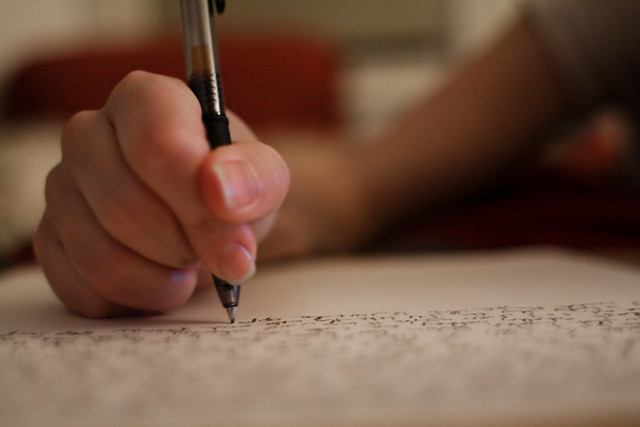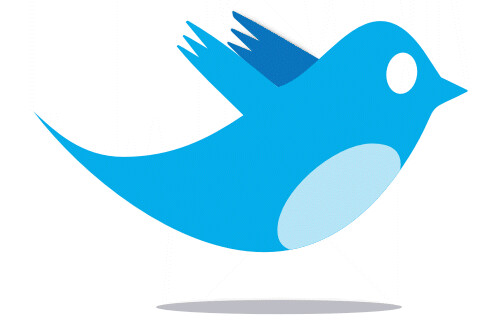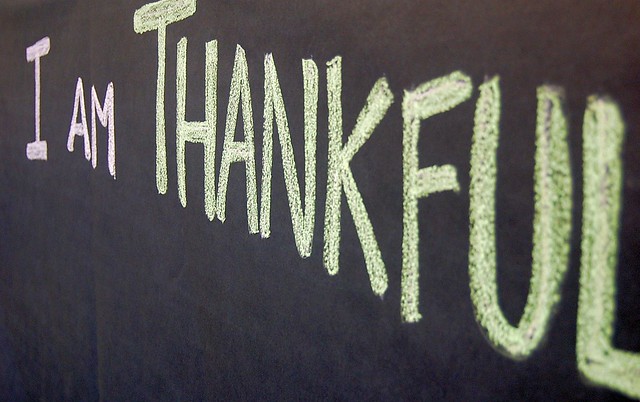 |
| Photo credit: Rubin 110 on Flickr |
And your
characters are no different, or at least, they shouldn't be.
It seems like a
no-brainer, especially when we're writing our main characters— most of are
aware that we need to know their fears and dreams and all the little
intricacies that bring them to life.
But what about
our less important characters? I don't mean the second lead here, I mean the
bell boys and bus drivers and bartenders that populate your world. Writing them
tends to be a secondary thing— characters that arise out of necessity and
convenience rather than careful planning and development.
But even our
least important characters have their own personality, experiences and lives
and if you aren't utilizing it, you're missing out on a huge opportunity.
Writing less
important characters doesn't have to be boring— in fact if it is boring,
you probably have a flat character on your hands that needs some revising. Let's
take a quick look at a hypothetical example. Say you're writing a scene in
which your male MC (Mike) and female secondary (Sara) are going to have a
conversation at a bar downtown, so naturally you need a bartender. In your
first round of writing you slap down Bartender A.
Bartender A is
named Greg. He's butch and bald and over-muscled and smells like beer. He
grunts when Mike orders his drink and hands his order over silently. Your
characters have their conversation and are able to ignore Bartender A easily.
It could work.
But it's boring. Let's try Bartender B.
Bartender B is
named Rachel. She's young and pretty and smiles at Mike when he orders his
drink and even flirts back a little when he says something flirtatious, which
makes Sara jealous. A little better, but still stereotypical.
Bartender C is
named Holland. She's in her late twenties and relatively attractive, but hides
behind her rectangle glasses, stutters a little and ignores Mike when he says
something flirtatious. She interrupts their conversation to ask Sara if she'd
like a refill frequently but never asks Mike.
Then she leaves
Sara her number.
We could go on
and on with various bartenders, but I think out of the three we know which one
is going to leave the biggest impression.
Every character
you write has their own motivations, fears and desires and provides an
opportunity be memorable. Are you using your minor characters to their fullest
potential?
Who are your
favorite minor characters? What made them your favorite?





















